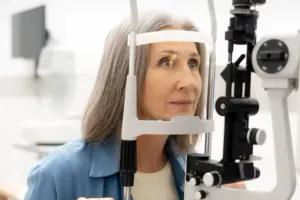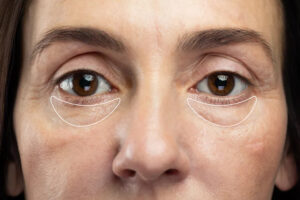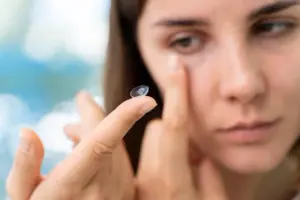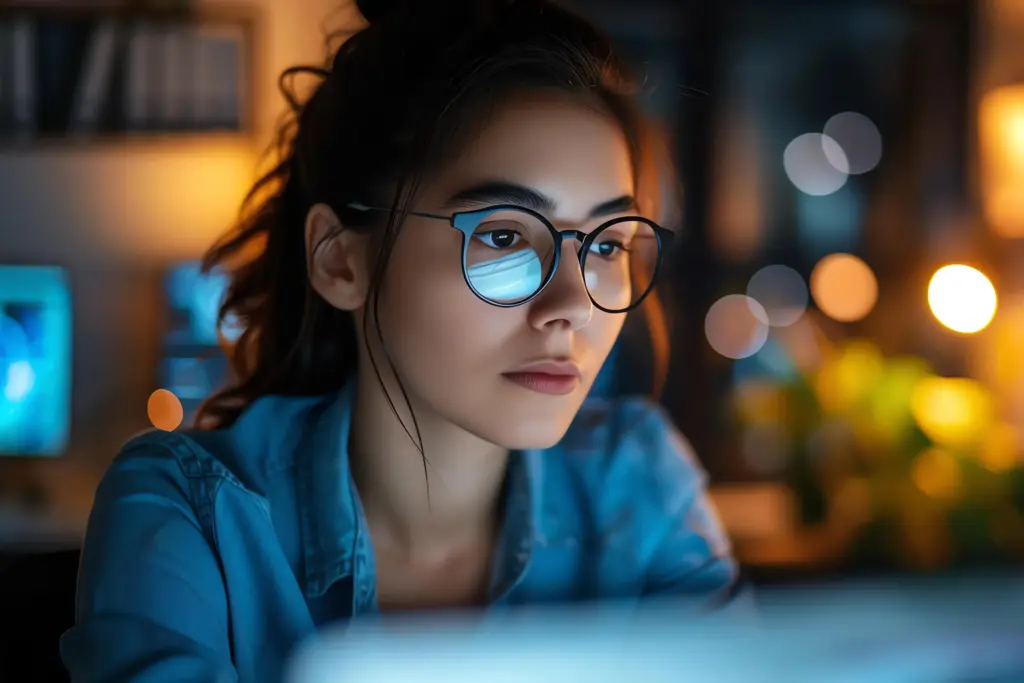
Blue light glasses: Blue light glasses have surged in popularity, promising to protect our eyes from the digital glow of screens and improve sleep. But do these claims hold up under scientific scrutiny? Here’s what the latest research and expert opinion reveal.
What Are Blue Light Glasses?
Blue light glasses are designed with special lenses that filter out a portion of blue, short-wavelength, high-energy light emitted by digital devices and artificial lighting. The main marketing claims are that these glasses reduce digital eye strain and improve sleep quality.
Also Read | LASIK vs. SMILE vs. lenses: Which vision correction procedure is right for you?
Blue light glasses’ impact on eye strain:
Despite widespread advertising, scientific evidence does not support the idea that blue light glasses significantly reduce digital eye strain. Multiple randomised controlled trials and systematic reviews, including a 2023 review in the Cochrane Database, found no significant difference in eye strain or visual fatigue between people wearing blue-light filtering lenses and those using standard lenses.
Experts point out that the discomfort many experience after long hours at a screen, often called “computer vision syndrome, is more likely due to factors such as reduced blinking, poor lighting, or improper posture, rather than blue light exposure itself. In fact, the American Academy of Ophthalmology does not recommend blue-light-blocking glasses for preventing digital eye strain.
Blue light glasses’ impact on sleep quality
There is some evidence that blue light exposure in the evening can disrupt sleep by interfering with melatonin production, the hormone that regulates sleep-wake cycles. Some studies suggest that blue-light-blocking glasses may help people fall asleep faster, especially those with sleep disorders, jet lag, or irregular work schedules. However, the overall research is mixed. The 2023 Cochrane review found inconsistent results, with some studies reporting improved sleep and others showing no effect.
Blue light glasses and light sensitivity:
Blue light glasses may reduce glare and light sensitivity for some users, which can be helpful for people prone to headaches or migraines triggered by bright indoor lighting.
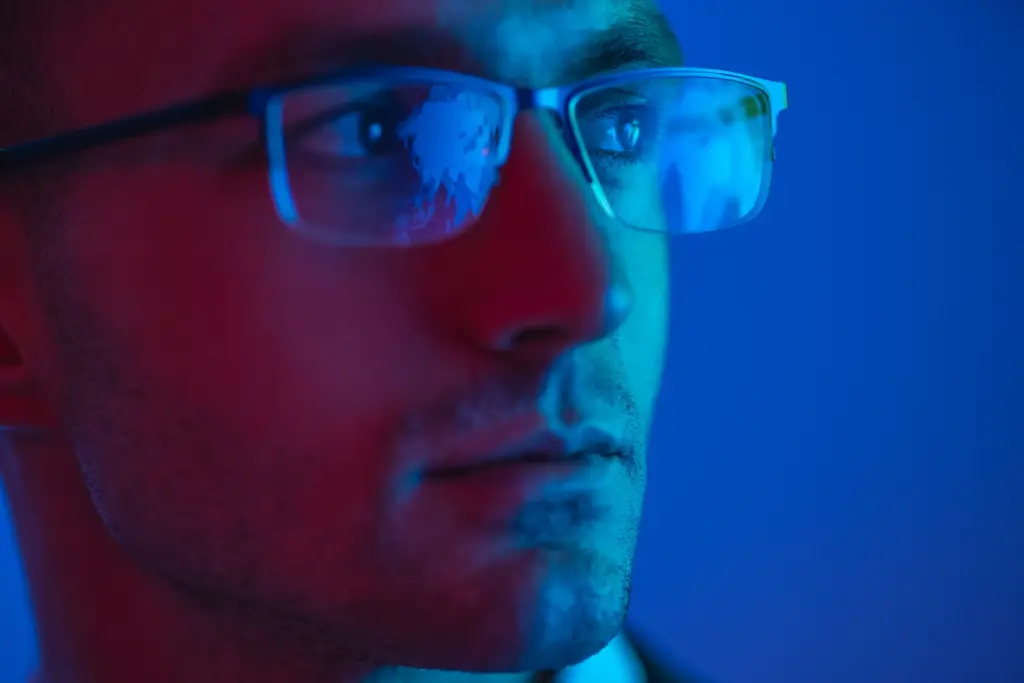
Blue light glasses and dry eye symptoms:
Blue light glasses may provide mild relief for dry eyes by reducing glare and encouraging more frequent blinking, though evidence is limited.
The majority of ophthalmologists and optometrists concur that blue light glasses are safe, but they frequently exaggerate their advantages. The blue light emitted from screens is not strong enough to damage the eyes, and the main causes of digital eye discomfort are unrelated to blue light.
Tips for eye care:
Instead of relying solely on blue light glasses, experts recommend:
- Follow the 20-20-20 rule: every 20 minutes, look at something 20 feet away for 20 seconds.
- Adjusting screen brightness and reducing glare.
- Ensuring proper lighting and posture.
- Taking regular breaks from screens.
Also Read | Red, watery eyes? Here’s how to tell if it’s an allergy or infection
Blue light glasses are not a magic solution for digital eye strain or sleep problems. While they may offer minor benefits for light sensitivity and possibly sleep in some cases, the bulk of scientific evidence suggests their effects are limited. For most people, good screen habits and regular breaks remain the most effective ways to protect their eyes and maintain healthy sleep.




